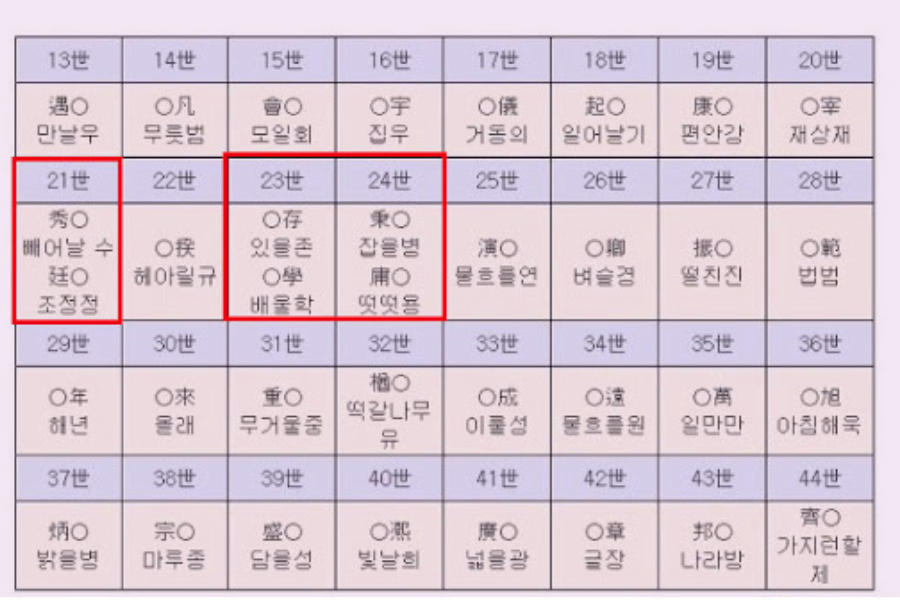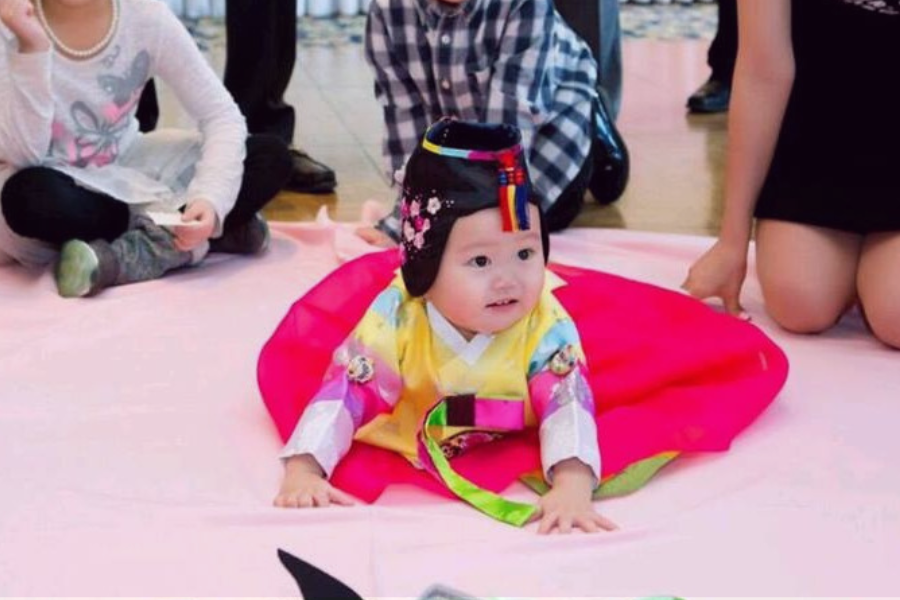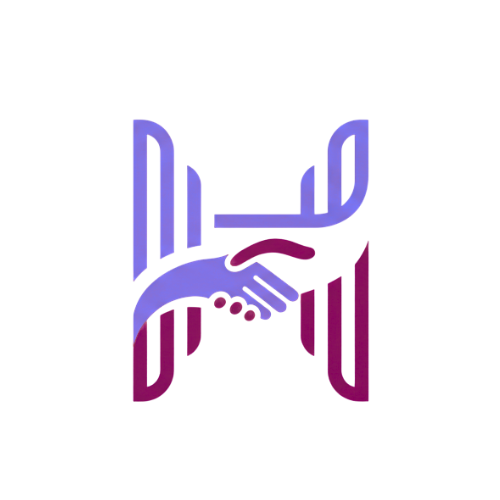The Korean Baby Ceremony Practice You Didn’t Know About
- byT.Sapphire 💙
- 4 months ago
- 0 Comments
- 4mins

Let’s talk about babies.
No, I am not talking about the ones adorned with bunnies with cute Instagram filters and all that, but the new ones freshly brought out from the womb with no identity.
In some cultures, especially in Nigeria, where we are known for being party lovers, the birth of a child is typically accompanied by celebrations and festivities that can last a whole week or even a month in some cases. On the day the child is named, a pastor or imam prays, and in one sitting, the child is given a series of names, as if they can use everything at once. However, each family member has a special name they want to give the child, so why not?
Meanwhile, in Korea? No rice, no loudspeaker, and no uncle yelling into the microphone, asking if everyone can hear him, and this is how they do it.
The Destiny Math

In Korea, naming is not about 'the sweetest sounding name'. Rather, it's more of a "project." Parents frequently hire a naming expert called a 작명가 (jakmyeongga), which, in English, is a professional name-giver who has researched the baby’s "saju" (four pillars of destiny based on the date and time of birth). Parents decide on hanja (Chinese characters) to create a balance with the baby’s destiny. For instance, you might see “俊 (jun)” for handsome or “美 (mi)” for beautiful. However, you have to find characters that will pair well to represent luck, health, or even success.
The Family Branding System

In some families, there is a tradition called 돌림자 (dollimja) or generational name syllables. Simply put, if you are cousins or have siblings of the same generation, you will share one syllable in your respective names. For example, you might meet brothers named Jihoon, Jiwon, and Jihye. It’s like how a Nigerian (Yoruba) might have all of your cousins at home with the name Oluwa. Oluwaseun, Oluwatoyin, Oluwafemi, and that’s where you can clearly see the commitment. But Koreans have made the tradition fashionable to look like a family signature.
No Loud Ceremonies

Koreans do not have huge ceremonies, like in Nigeria, where on the 7th or 8th day, you will have food and prayers and all those festivities because you are announcing a name or, better put, a list of names. For Koreans, it is just a quiet process. Parents will take their time, no fewer than a couple of days and no more than a couple of weeks, and finally register at the local government office. That’s it. It's more like a literal "Here are the papers. Next!"
Names can change

Here's a thought that might be even more surprising. In Korea, names aren't always permanent. If someone feels that their name is unlucky or doesn't "fit", they can legally change it to make it fit better, as an adult! And that’s why most Korean celebrities' names change at will. Imagine growing up as Minsoo, and one day you wake up and say, "Nah, I'm a Jiho now." Everyone just accepts your choice and moves on with their lives and businesses. I mean, if your name is not working for you, then why continue with it?
Doljabi – Predicting the Baby’s Future

Okay, you might have seen this in dramas and wondered what it is. Well, after all the naming stress, Koreans still have another layer of tradition for the baby. It’s called 돌잡이 (doljabi), which is part of the baby’s first birthday party. So the toddler is dressed in a tiny hanbok and placed in front of a table full of symbolic items like books (Scholar), mic (incoming K-pop idol), and the res,t and whatever they pick is believed to determine their future, although it’s not taken super seriously anymore.
So on one sid,e you have Nigerians (and many others) where naming happens in a festival environment, and on the other side, you have Koreans where the name is selected in an unceremonious, methodical, and independent way.
The approaches vary, but the same goal is the same. So whatever the name you are given, that’s the name that will carry you.
What does the child naming ceremony process look like in your culture?
Tags:
T.Sapphire 💙
T. sapphire is a writer who found her love for the Hallyu wave after watching the historical drama “Jumong.” She is mainly interested in Korean dramas and the history of Korea at large. Explore her pieces as she takes you on a journey through K-Drama recommendations and keeps you informed about the history of the Korean people.
0 Comment(s)
Related Posts
Daily Newsletter
Get all the top stories from Blogs to keep track.





Leave a comment